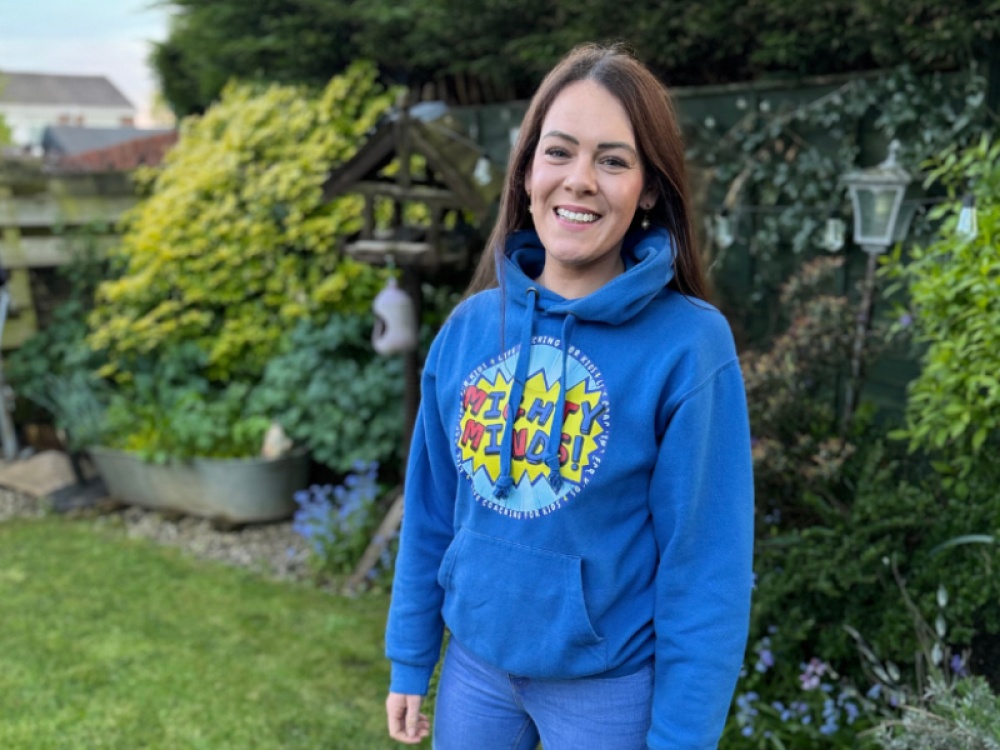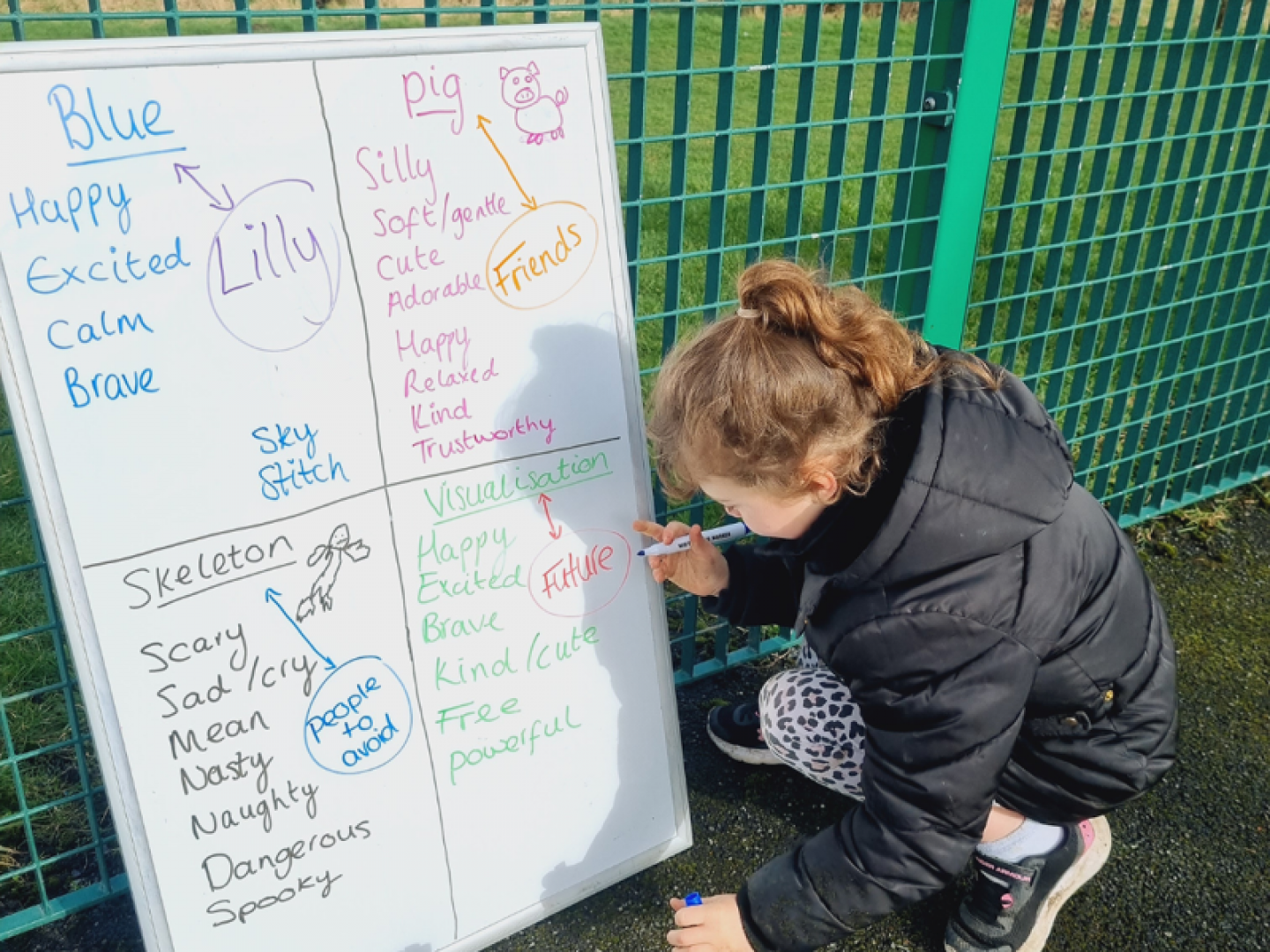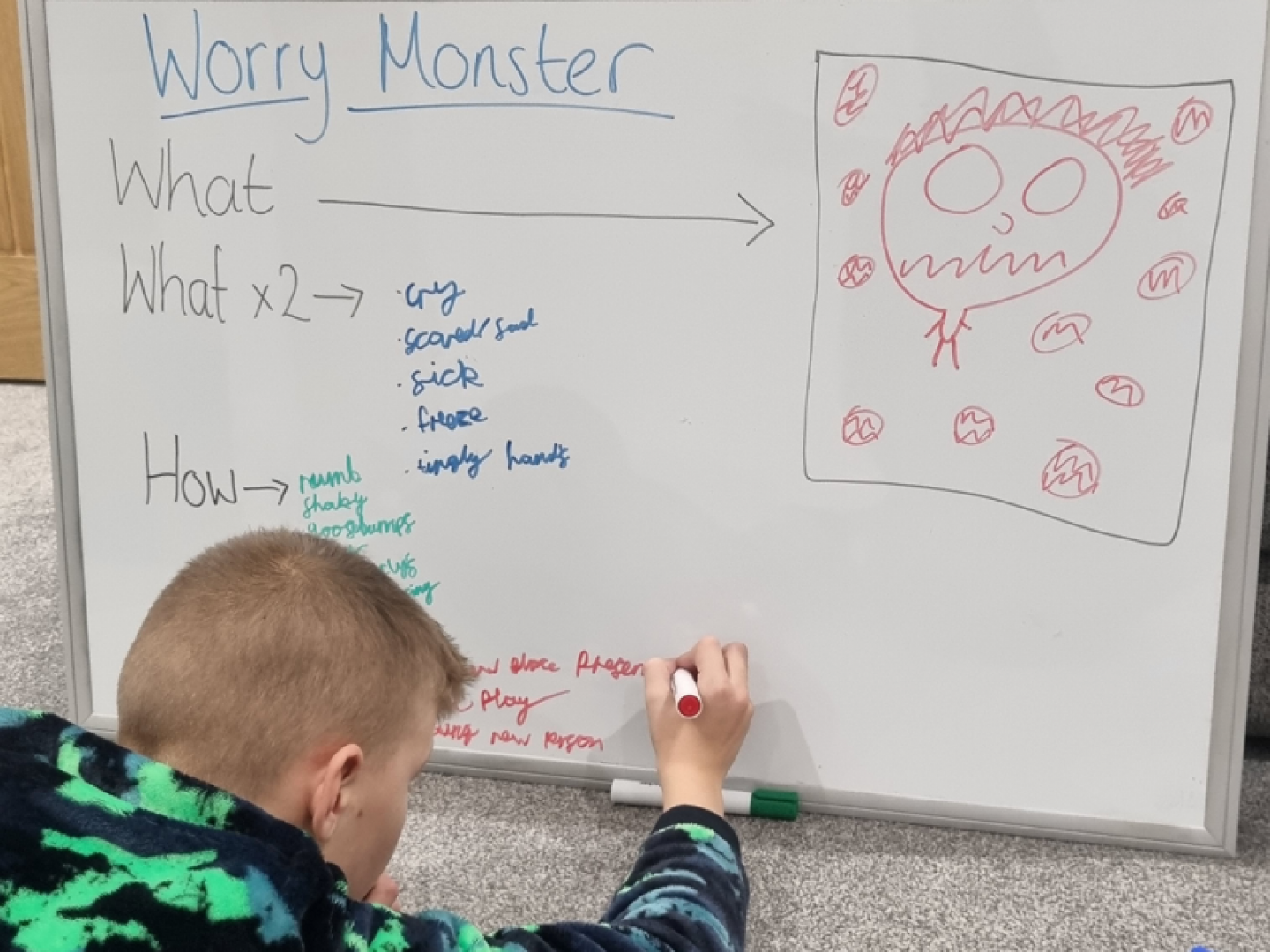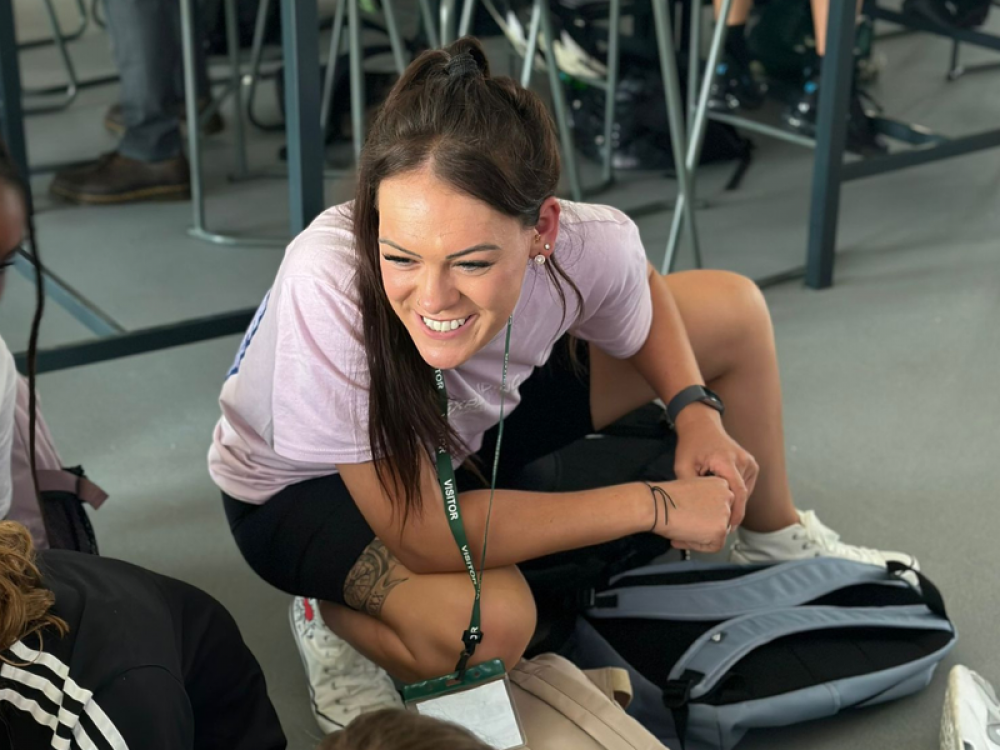How This Mum and Former Teacher is Supporting Children's Mental Wellbeing

If the phrase 'life coaching', immediately conjures alarming images of aspiring CEOs creating five-year plans while sipping on something green - rest assured, that isn't what Lauren Percy does
‘I’d been teaching for seven years,’ says Lauren. ‘I have worked in mainstream, private and SEND [special educational needs and disabilities] education, from EYFS [early years foundation stages] all the way up to post-16, so I’ve got a huge knowledge and understanding of children at different stages of development.
‘Particularly following Covid, I recognised that there such a need for some extra intervention for children struggling with mental health,’ she continues. ‘I think one of the main problems is the referral times for the likes of CAMHS [Child and Adolescent Mental Health Services].’
The demands of teaching meant that she didn’t feel she could dedicate the time it would take to make a real difference to the mental health of the children in her care. ‘As a teacher you’re so restricted with that contact time,’ she says.
So Lauren set up Mighty Minds Life Coaching for Kids, and has already been named Consumer Services StartUp of the Year at the StartUp Awards for the North East, Yorkshire and Humber. Through her business, she offers a range of one-to-one and group coaching programmes to help children between the ages of seven and 12 navigate social and emotional difficulties. ‘I’ve just launched some school workshops as well, which are more based on leadership and confidence and resilience,’ Lauren says. ‘The one-to-one programmes are very personalised programmes using neurolinguistic programming, so NLP.’


I ask her what neurolinguistic programming is. ’It’s basically techniques that transform the way they think and feel,’ she explains. ‘The brain loves familiarity, and it has a pattern, and that’s how we respond to anger or frustration or anxiety. [That’s] how our body reacts, and how our mind reacts. It’s about addressing how we can respond rather than react. It breaks the pattern of thought and creates a new way of thinking for children.’
Her one to one coaching is very personalised, and aims to incorporate children’s interests, hobbies and strengths as well as the concerns that parents come to her with. ‘A lot of the programme is based on anxiety,’ Lauren says, ‘however a lot of children struggle with low self-esteem and low confidence as well. The programme is very much tailored to suit a range of social and emotional difficulties.’
She then adapts one of her six or eight week programmes to address those concerns, and coaches children from her base in Seaton Delaval or at home – whichever environment will help them engage the best.

I wonder what sort of activities might be part of a typical session? ‘One of my favourite ones is exploring the “inner chimp”,’ she says. ‘It’s basically sharing with the child how the brain works, and explaining that the brain has three parts when it comes to that emotional response and how they work together.
‘We name different parts of the brain and explain what happens in different parts and then it’s a visualisation journey that we take them on. The chimp brain is the part of the brain where those emotions occur, so how could we coach our chimp to overcome these feelings?
‘And then sharing with parents, so that when a child is having an overwhelming moment or going into meltdown, [they can say] “this isn’t you having these emotions, this is your chimp brain”. It helps them to see it from a different perspective, and how we could then use our techniques to self regulate.’
As well as individual coaching, she is running a weekly online group academy special programmes for groups of boys and girls aged nine to 12, and is creating resources and workshops particularly targeted toward children taking their SATs.
Whatever your child is struggling with, her main message to parents is to act now. Lauren tells me that one of her favourite quotes comes from Frederick Douglas: ‘“It is easier to build strong children than repair broken adults [sic].” And that’s just the message that I’m trying to get across. Early intervention is really crucial.’










